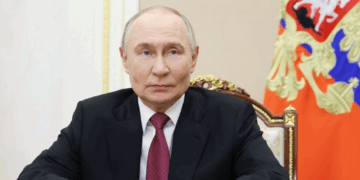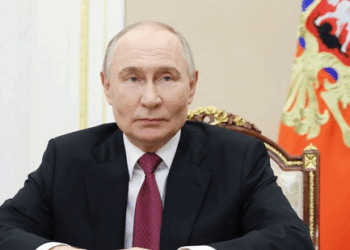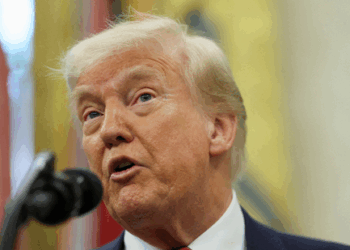Introduction: European Union leaders are convening in Granada on October 5-6 to commence discussions on reforming the EU to facilitate the inclusion of new member states, marking the beginning of a lengthy process to prepare the EU for possible enlargement by 2030. As the EU seeks to expand its reach and influence, several countries have expressed their intentions to join the bloc. Here is a list of candidate and potential candidate countries:
Candidate Countries:
- Turkey (Candidate since 1999): While still officially a candidate, Turkey’s accession talks with the EU have been frozen due to concerns related to human rights and governance, making EU entry for the country of 85 million people a non-current topic of political debate.
- North Macedonia (Candidate since 2005): North Macedonia has been on the path to EU accession since 2003 and has had a Stabilisation and Association Agreement in place since 2004. It received approval for accession talks in 2020, contingent on its name change to North Macedonia to resolve Greek objections, but substantial negotiations are yet to commence due to objections from neighbouring Bulgaria.
- Montenegro (Candidate since 2010): Montenegro, a small Balkan country, applied for EU membership in 2008, with accession talks commencing in 2012. So far, 33 negotiation chapters have been opened, with three provisionally completed.
- Serbia (Candidate since 2012): Serbia was identified as a potential candidate in 2003 and signed a Stabilisation and Association Agreement with the EU in 2013. Accession talks began in 2014, with 22 out of 35 negotiation chapters opened and two completed.
- Albania (Candidate since 2014): Albania was recognized as a potential candidate in 2003 and applied for EU membership in 2009. In 2014, EU governments granted Albania candidate status. Formal accession talks began in 2022, pending certain conditions related to judiciary reform, anti-corruption measures, intelligence services, and public administration are met. However, the EU has linked Albania’s membership bid to that of North Macedonia, resulting in delays due to Bulgaria’s objections.
- Moldova (Candidate since 2022): The EU and Moldova have had an association agreement, including a comprehensive free trade area, in place since 2016. Progress towards accession talks has been contingent on Moldova’s reforms in various areas, including the judiciary, corruption, oligarchy, public administration, civil society, and human rights protection.
- Ukraine (Candidate since 2022): Ukraine applied for EU membership shortly after Russia’s invasion in February 2022 and was granted candidate status in June of that year. EU-Ukraine relations date back nearly 30 years, with the EU signing a Partnership and Cooperation Agreement in 1994. In 2004, Ukraine became an EU priority partner, and its association and trade deal with the EU came into force in 2017.
- Bosnia and Herzegovina (Candidate since 2022): Bosnia and Herzegovina was identified as a potential candidate in 2003 and has held a Stabilisation and Association Agreement with the EU since 2015. The country applied for EU membership in 2016, but accession talks hinge on fulfilling 14 priorities set by the Commission in 2019, addressing aspects such as democracy, state functionality, rule of law, fundamental rights, and public administration reform.
Awaiting Candidate Country Status:
- Georgia (Applied for EU Membership in 2022): EU governments have indicated that they would grant Georgia candidate status once certain concerns are addressed, particularly in the areas of rule of law, judicial independence, and media freedom. Since 2016, the EU and Georgia have had an association agreement that covers trade.
- Kosovo (Applied for EU Membership in 2022): Brussels has offered Kosovo the prospect of an EU perspective since 2005, even before the country declared independence from Serbia in 2008. However, not all EU member states recognize Kosovo as an independent state. Since 2016, the EU has maintained a Stabilisation and Association Agreement with Kosovo, serving as the foundation for its path towards accession.
Conclusion: The European Union’s discussions on reforming the bloc to accommodate new members reflect its commitment to expanding and solidifying its role on the global stage. As candidate and potential candidate countries work towards fulfilling the necessary criteria for accession, the EU faces significant challenges in maintaining unity and cooperation among member states while navigating the complex process of enlargement. The Granada summit marks the beginning of a prolonged journey to prepare the EU for potential expansion by 2030, with many critical issues and obstacles yet to be addressed along the way.








 India
India












